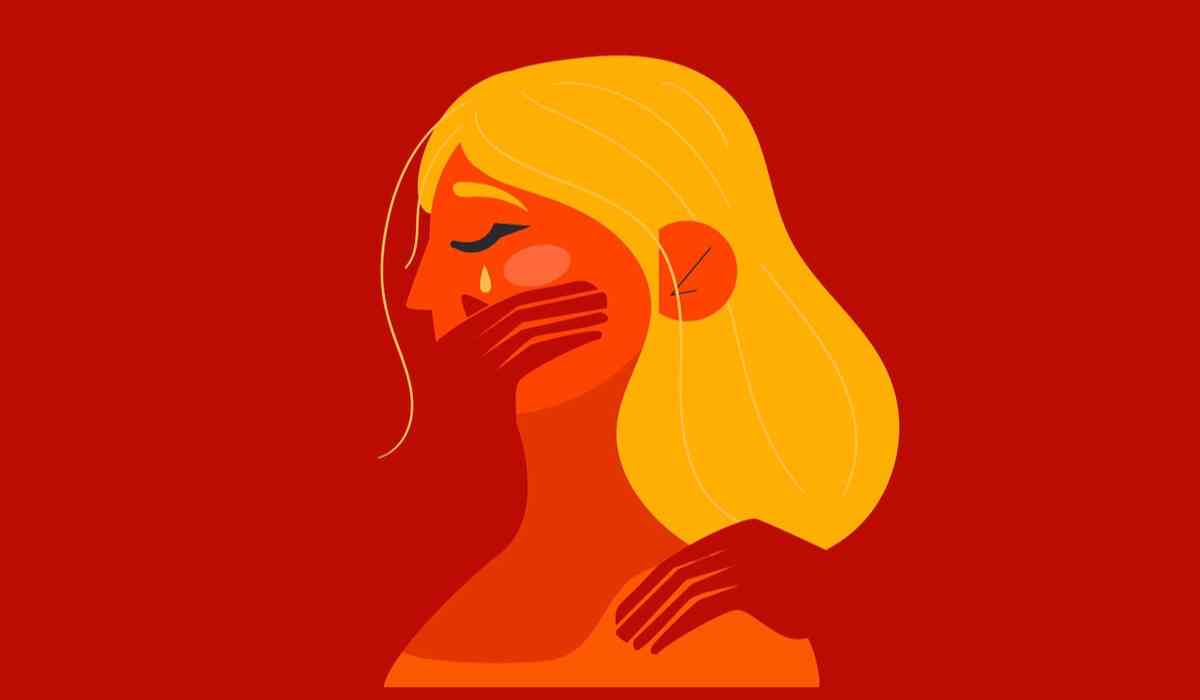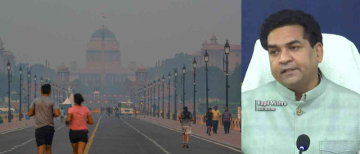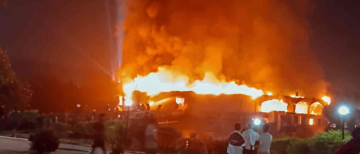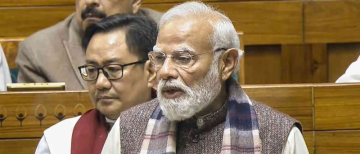In a shocking yet deeply revealing incident from Kuihuru village in Odisha’s Gajapati district, eight women—allegedly survivors of prolonged sexual abuse—took justice into their own hands, hacking a 60-year-old man to death and burning his body in a forest clearing. The brutal act, which has now led to the arrest of ten individuals, has ignited a fierce national conversation about justice, trauma, and the unbearable weight of silence.
The deceased, Kambi Malik, had been a widower for the past four years. But behind the mask of a solitary village elder, Malik allegedly lived a sinister life. For years, he was accused of sexually assaulting multiple women in his community—mostly widows and elderly women. Despite the whispers in the village lanes and the warning glances, no one dared to file a complaint. Until the night of June 3.

The Final Trigger: An Assault Too Far
According to the police, on the night of June 3, 2025, Malik allegedly raped a 52-year-old widow—another in a string of reported abuses stretching back years. This time, however, the silence was broken—not with a scream, but with resolve. That same night, the survivor, along with a group of women who had endured similar violations, convened a meeting. The decision they reached was unthinkable—but to them, it felt inevitable.
"They went to his house, where he was sleeping. The 52-year-old widow led the attack and hacked him to death with the help of other survivors. Two men had also assisted the women," said Mohana Police Station officer-in-charge Basant Sethi.
Later, the body was taken into the forest, where it was partially burnt in a bid to erase the evidence. It wasn’t until five days later that the body was discovered, following a missing persons complaint filed by Malik’s family. Police recovered bones and ashes from a hillock around two kilometers from the village.
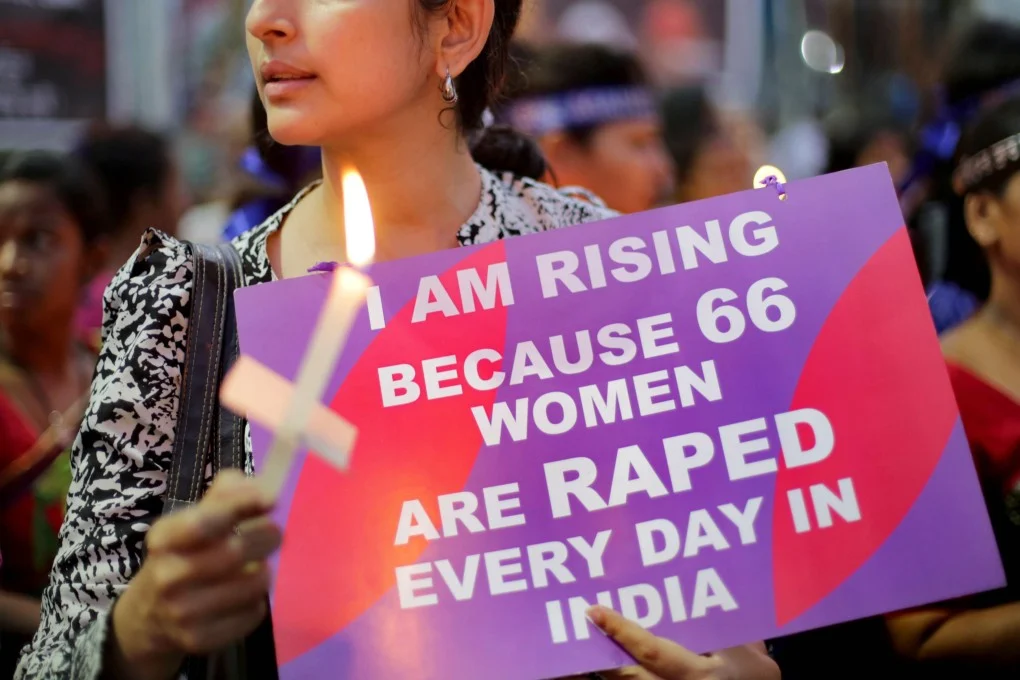
Long History of Predation—and Inaction
This wasn’t a spontaneous act born out of one incident. It was the culmination of years of trauma, silence, and social paralysis. Reports reveal that Kambi Malik had allegedly sexually assaulted multiple women in the village, including widows, vulnerable elders, and women living alone.
Fear of retaliation, social stigma, and the weight of a patriarchal code kept most of these women from approaching authorities. Some villagers even believed Malik practised sorcery and operated as a self-styled healer, deepening the atmosphere of fear and unease.
"There are at least six women who confided they had been sexually assaulted by the man," Sethi confirmed. "None of them ever came forward to file a police complaint."
These women were not just survivors—they were also prisoners of a justice system that failed to hear them. Their silence wasn’t complicity; it was self-preservation in a society where victims often suffer more scrutiny than perpetrators.
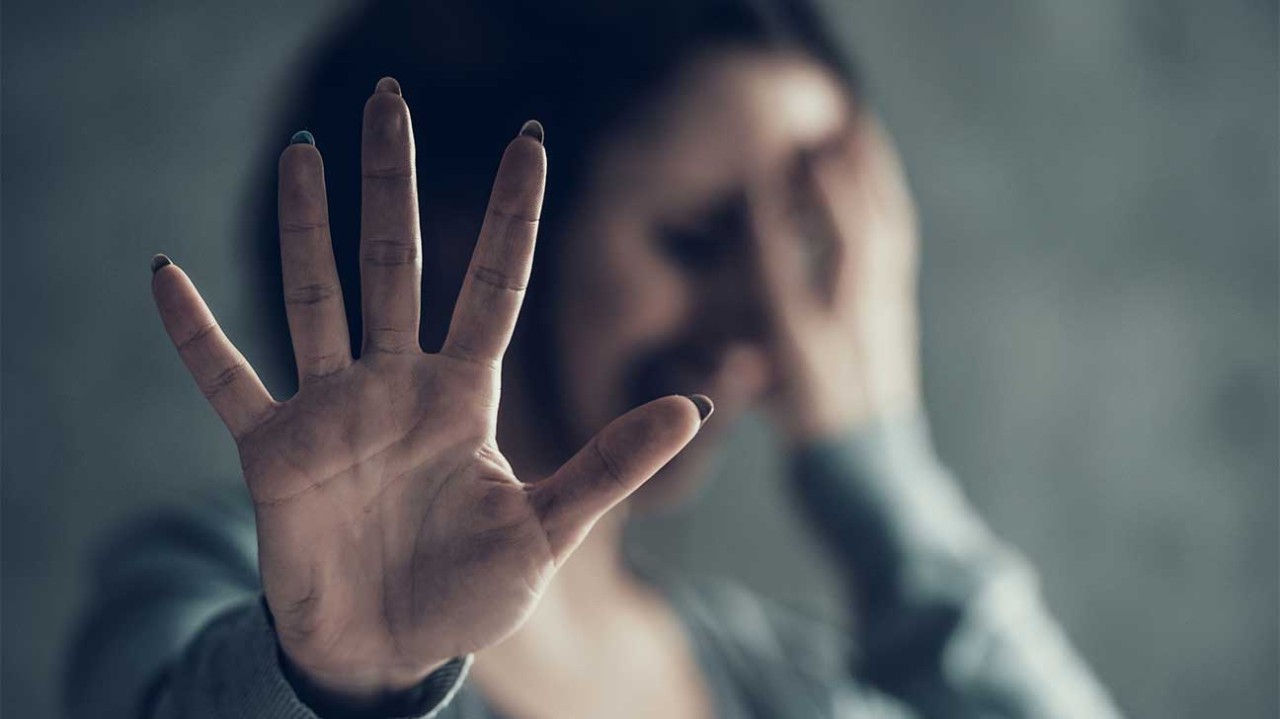
A Dangerous Kind of Justice—Or the Only Justice They Had?
While the act of killing is undeniably criminal, the righteous indignation that drove these women cannot be dismissed. This wasn’t about vengeance—it was about putting an end to repeated, systemic violence in a place where no institutional protection existed.
Their anger wasn’t blind. It was focused, morally charged, and deeply personal. To them, this act was justice long denied—a moral correction to a cycle of abuse that showed no signs of stopping. For the 52-year-old widow who led the attack, and for the others who joined her, the murder wasn’t merely retaliation—it was a scream for dignity, erupting from years of voiceless endurance.
“He raped her. He had raped others before. No one helped. He had to be stopped,” a local reportedly told authorities.
This is the rage of the unheard, fueled not just by pain but by a deep moral clarity—that what they did was wrong in the eyes of the law, but right in the realm of survival and self-worth.
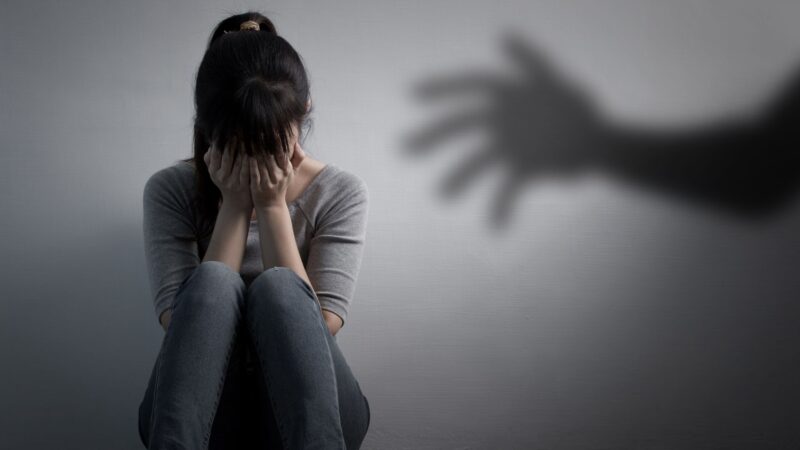
Arrests and Legal Repercussions
The police have arrested ten people, including eight women and two men—one of whom is reportedly a ward member. All were allegedly involved in the murder and disposal of Malik’s body.
Mohana Police Station confirmed that a murder case has been registered, and investigations are ongoing to uncover the full breadth of motives and roles.
But beyond legal processes, the case has revealed a devastating moral vacuum—one in which the law was absent until after the fact, and the women involved saw no other recourse but to become their own enforcers.
The Broader Conversation: When Justice Fails Women
This incident isn’t isolated. Across India, cases of sexual assault survivors taking justice into their own hands have surfaced time and again, not because they lack faith in the law—but because the law has repeatedly failed to act in time.
In rural areas especially, social hierarchies, gender dynamics, and lack of institutional sensitivity make it almost impossible for survivors to speak out. The stigma of rape often outlives the trauma of it. In such environments, a predator like Malik could operate for years—unchecked, unpunished, and even believed.
This is not just a crime. It is a symptom of a deeper, systemic sickness—where justice is inaccessible, and silence becomes a survival mechanism.
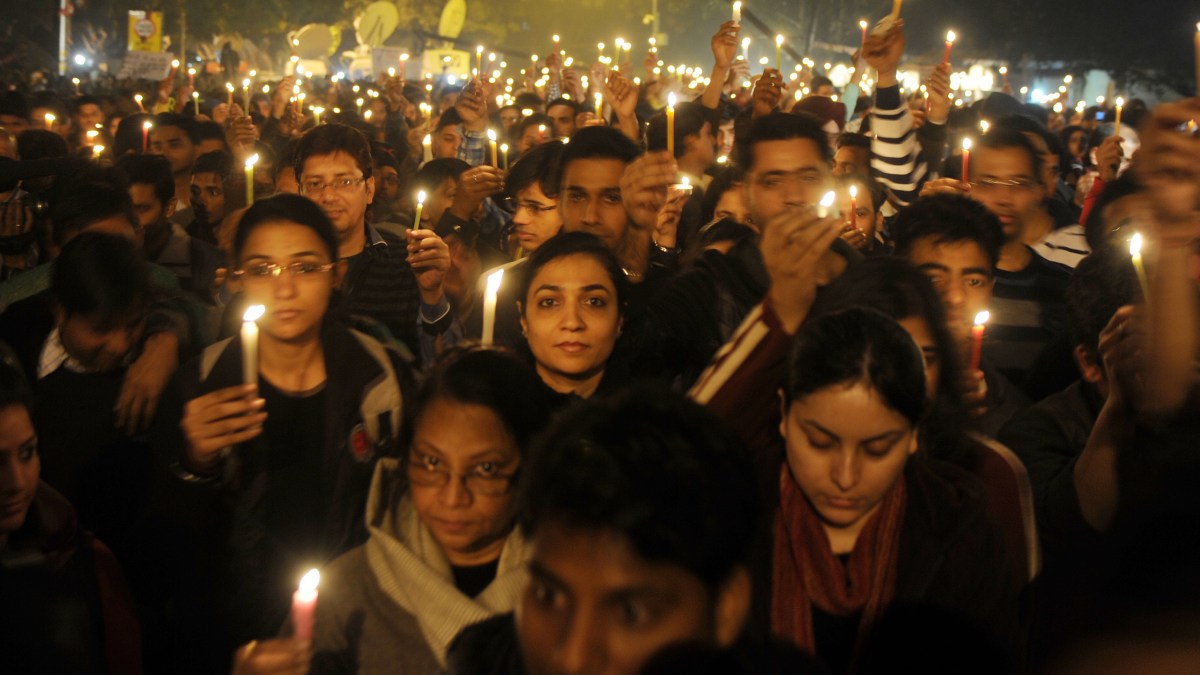
A Reckoning Long Overdue
What happened in Kuihuru village was horrific—but it was also a moment of reckoning. It forces us to ask:
What drives ordinary women to commit such an extraordinary act of violence? And why did they feel it was their only option?
These women did not seek revenge; they sought an end. An end to fear. An end to humiliation. An end to a man who, in their eyes, had lost the right to exist within their world.
And as they await trial, the larger question remains unanswered: Would this murder have ever happened if justice had arrived when it was supposed to?
Views expressed in the above piece are personal and solely those of the author. They do not necessarily reflect Vygr’s views.
With inputs from agencies
Image Source: Multiple agencies
© Copyright 2025. All Rights Reserved Powered by Vygr Media.

